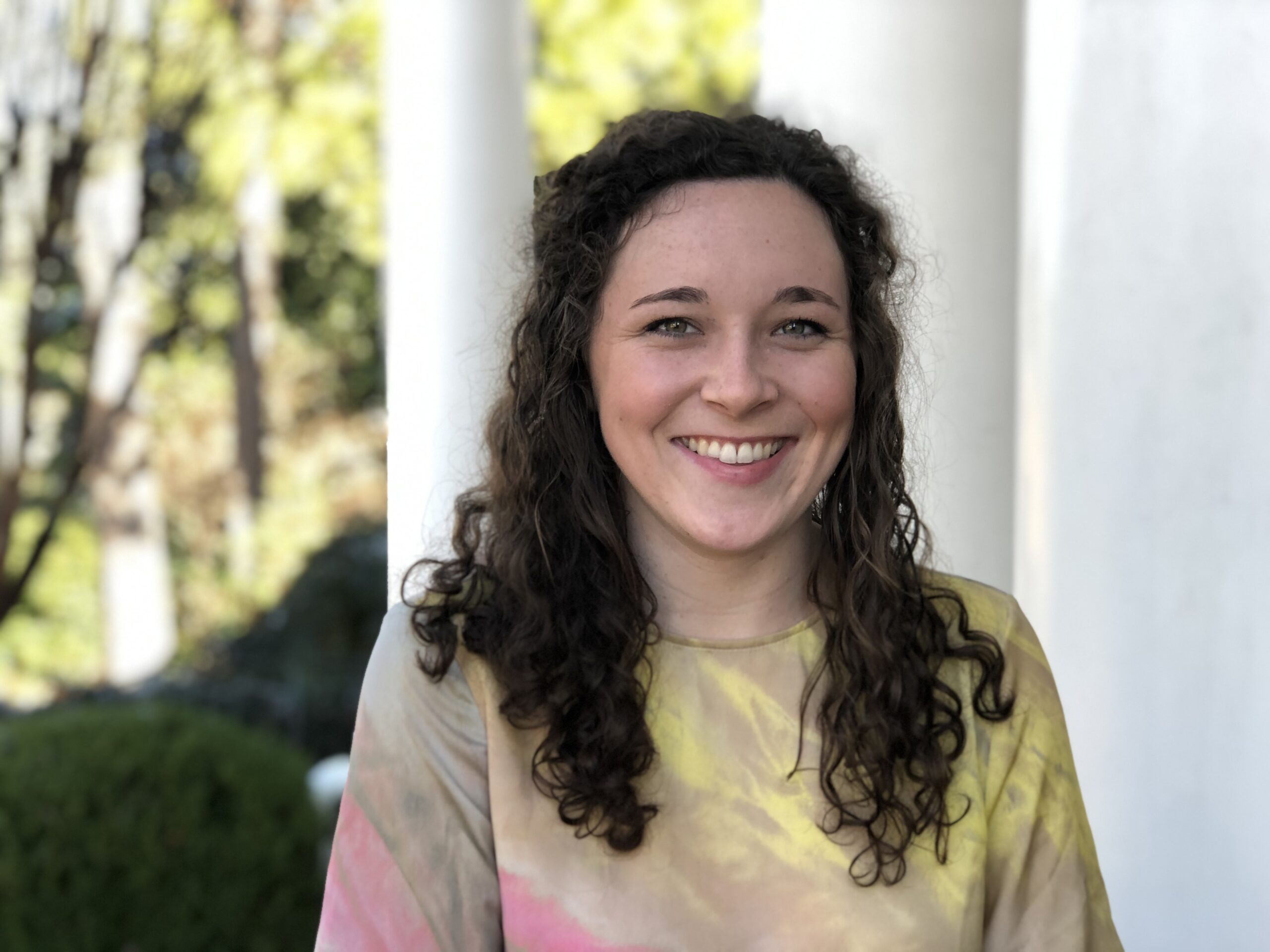
[Semrad] often said that people can never get better without knowing what they know and feeling what they feel.

Maureen Maher, M.A. (she/her) is a therapist-in-training pursuing her doctorate in clinical psychology at The Chicago School of Professional Psychology. Maureen strives to develop a strong therapeutic relationship with each of her clients, highlighting authenticity, empathy, humor, and understanding. She values the power of sharing one’s story and being heard. She has developed a therapeutic voice that draws from a deep understanding of the systems we live in, a humanist and existential lens of meaning-making and growth, and a relational psychodynamic perspective of interpersonal relationships. Maureen’s areas of interest include identity development, grief and loss, trauma, and interpersonal dynamics.
Education and Credentials
The University of Mississippi, BA, 2020
Major: Psychology
Minor: Art, Spanish, Biology
The Chicago School of Professional Psychology, MA, 2022
The Chicago School of Professional Psychology, Doctorate of Clinical Psychology program, 4th year
What specific modalities do you practice and are you certified?
I use a wholistic approach that aligns with the needs of the client, employing my understanding of systems, humanistic and existential theories, and relational psychodynamic practice. I value authenticity and showing up as you are.
What do you like to do when you are not working? What do you do for fun?
I do my best to stay in touch with family and friends, whether that is local and over a meal or a long-distance facetime. I also love to practice art, cook, explore local music, visit new neighborhoods, try new restaurants, and sit at the lake with no agenda!
What are you excited about? What is your passion? What do you want to learn more about?
I am intrigued by what motivates people. My undergraduate research focused on human’s reciprocal relationship with nature, and how it, along with other factors, motivates individuals to work in national parks. Currently, I am taking a humanistic lens to study what motivates people to engage in high-risk athletics, particularly high-risk mountain climbing. In my clinical work, I find value in understanding the motivation, meaning, purpose, and value individuals derive from their life and their actions.
What do you like about being a therapist?
I am humbled to be in a field in which individuals entrust their stories to me. I strive to recognize and honor the beauty of others’ stories, pains, vulnerability, joys, and triumphs. It is so rewarding to be able to walk alongside someone in their journey – it is both challenging yet fruitful and fulfilling.
What’s your “go to” creative or restorative outlet?
I find practicing art of all forms to be incredible restorative. To me, art is the most human thing—the purest of human expression. I like to play with watercolors and acrylics, throwing on the wheel, and sketching. I hope to learn more about oil painting and film photography next.